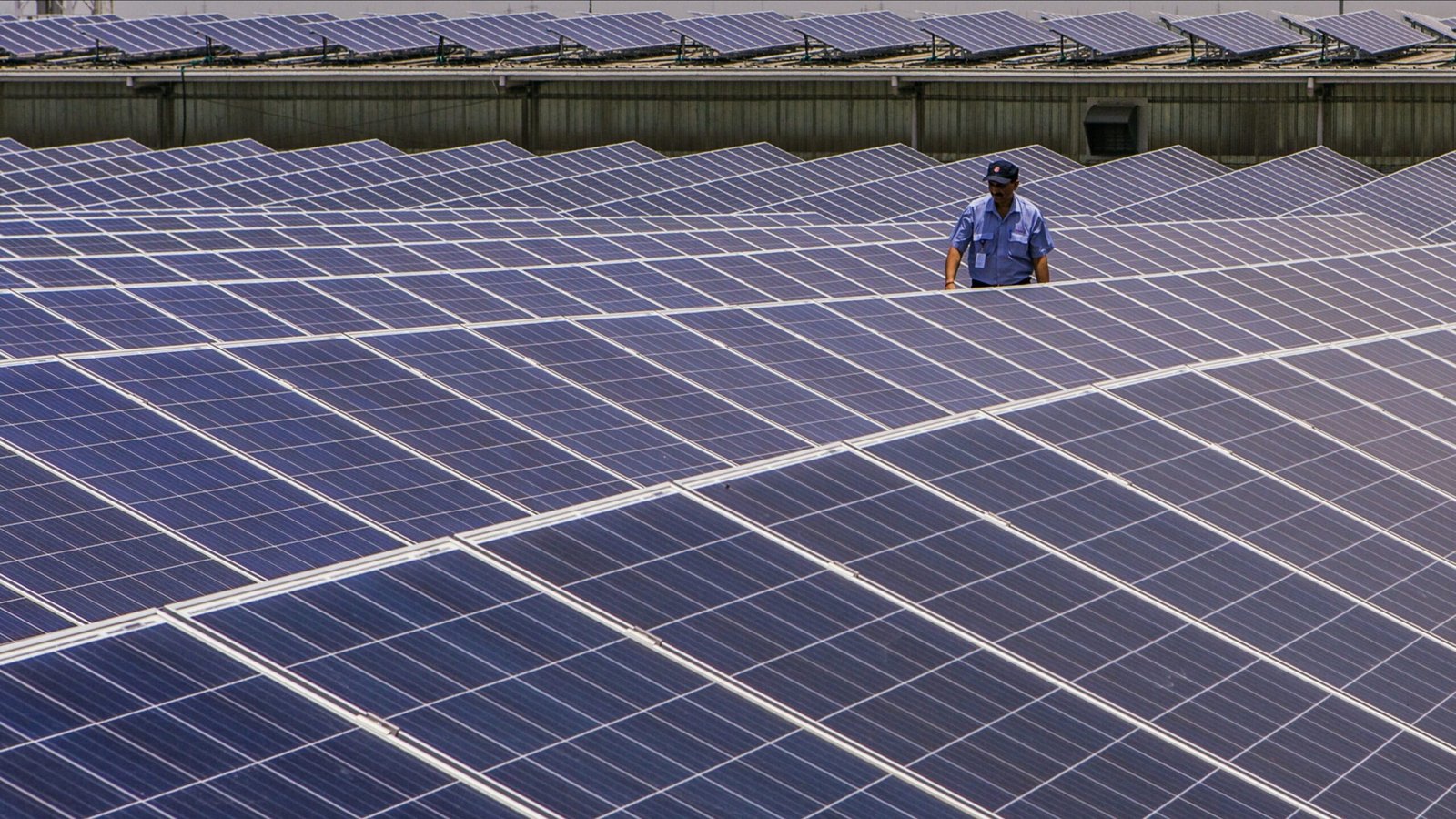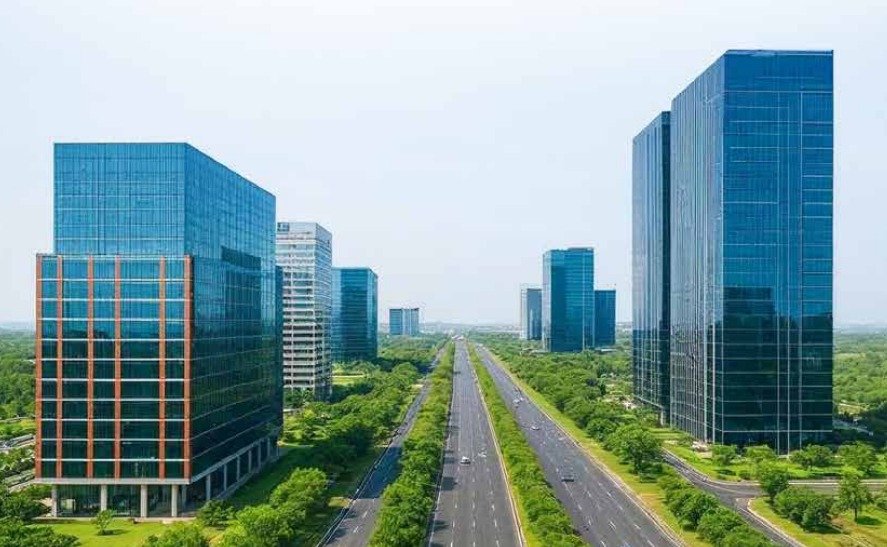State cabinet lowers NRI quota fees in medical colleges to attract students and generate higher revenue
In a major policy shift, the Rajasthan cabinet led by Chief Minister Bhajan Lal Sharma has approved a reduction in NRI quota fees for medical students in state-run colleges under the Rajasthan Medical Education Society (RajMES). The revised fee structure, effective from the 2025–26 academic session, will set annual charges at ₹23.9 lakh per student, down from nearly ₹31 lakh, reported timesofindia.indiatimes.com.
Lower fees expected to fill NRI quota seats and generate ₹45 crore revenue.
Deputy Chief Minister Prem Chand Bairwa explained that the earlier fee structure, pegged to the US dollar and subject to a 5% annual hike, had escalated to ₹31 lakh, discouraging many NRI students.
As a result, several NRI seats remained vacant and were later shifted to management quota at a much lower fee of around ₹9 lakh, causing significant losses. With the reduction, the state expects to attract more NRI students and boost revenue by nearly ₹45 crore.
CM Sharma welcomed the move, calling it a “balanced reform” that ensures greater accessibility for students while strengthening the financial health of medical institutions. Currently, RajMES medical colleges reserve 50% seats under the government quota, 35% under the management quota, and 15% under the NRI quota
Rajasthan has 31 government medical colleges, including AIIMS Jodhpur and ESIC Alwar, offering 4,326 seats in total.
Beyond medical education, the cabinet approved amendments to the Rajasthan Civil Services (Pension) Rules, 1996. Parents of deceased government employees will now be entitled to a family pension of up to 50% of the last drawn salary, up from 30%. Additionally, differently-abled children will continue receiving pensions even after marriage.
The cabinet also cleared the draft for The Maharana Pratap Sports University Jaipur Bill, 2025, to establish a world-class sports training facility focused on science and analytics, aligning with the National Education Policy (NEP). In addition, conditional approval was granted for land allocation to solar energy projects totaling 5,200 MW, marking a leap toward renewable energy expansion and job creation.








